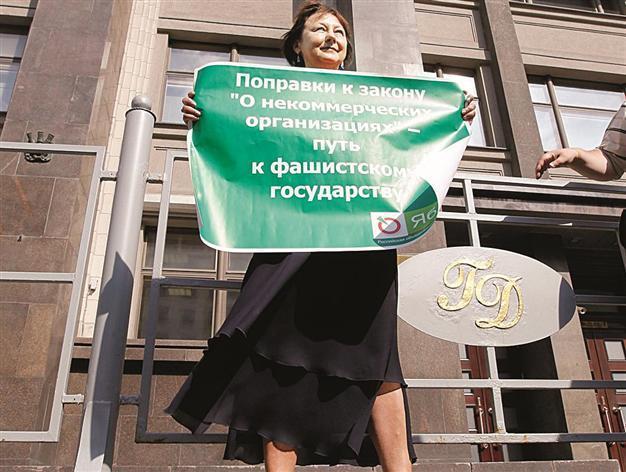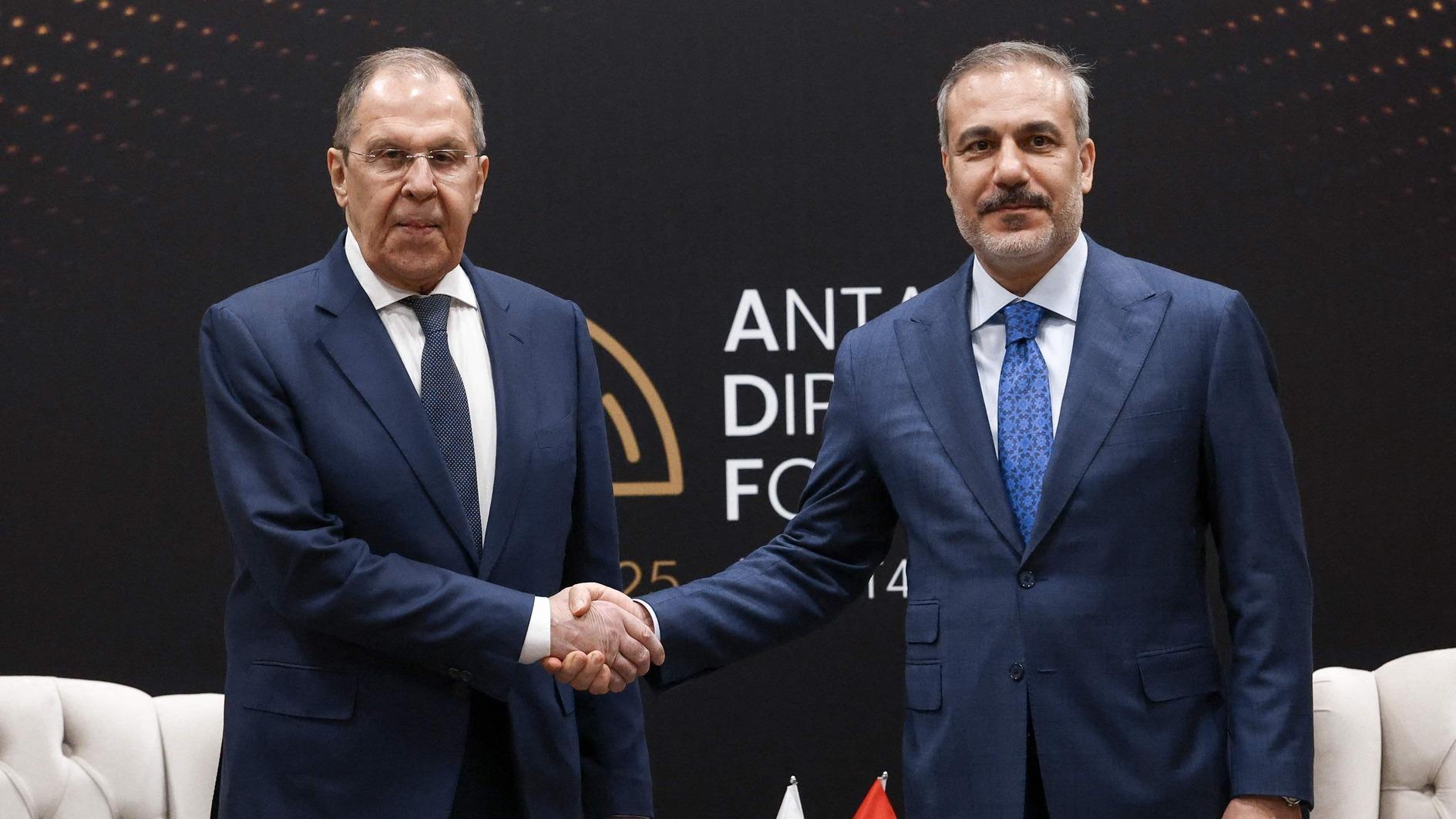Russian parliament passes new restrictions on NGOs
MOSCOW - The Associated Press

EPA Photo
Russia’s lower house of Parliament on July 13 passed a bill imposing new restrictions on non-governmental organizations that receive funding from abroad.Although the bill, which must pass the upper house and be signed into law by the president, does not prohibit any organization’s operation, it is likely to create a chilling effect on groups’ activities. It reflects the suspicion of the West and the fear of rising opposition sentiment held by President Vladimir Putin and his backers in the governing United Russia party.
The bill requires any NGO that receives foreign funding - from governments, groups or private citizens - and engages in political activity to register itself as a “foreign agent,” provide detailed reports of its finances and identify itself as a foreign agent in any material it distributes.
What ‘foreign agent’ means
“Foreign agent” is a loaded term for many Russians schooled in the country’s longstanding self-image as a nation beleaguered by foreign malefactors ranging from Napoleon’s troops to Nazi Germany. If an organization identifies itself as a foreign agent, that could undermine its credibility among Russians.
The bill’s definition of political activity is so wide and vague that almost any initiative could be considered political, especially if it proposes new legislation or makes even tacit criticism of current conditions. The financial-reporting requirements could be expensive and inconvenient for organizations with small staffs and shoestring budgets. In addition, the bill can be seen as a reminder to NGOs that they are under close and probably unsympathetic scrutiny.
Putin has proposed tripling the amount of state funding given to non-governmental organizations, to three billion rubles ($10 million). Although that could compensate for a reduction in foreign funding for NGOs, it is unclear how the money would be apportioned and any NGO critical of the Kremlin can probably count on little or any of it.
Most NGOs have said they would comply if the bill becomes law. But Lyudmila Alexeyeva, leader of the Moscow Helsinki Group, one of the country’s oldest human rights organizations, has said it will never register as a foreign agent.
















